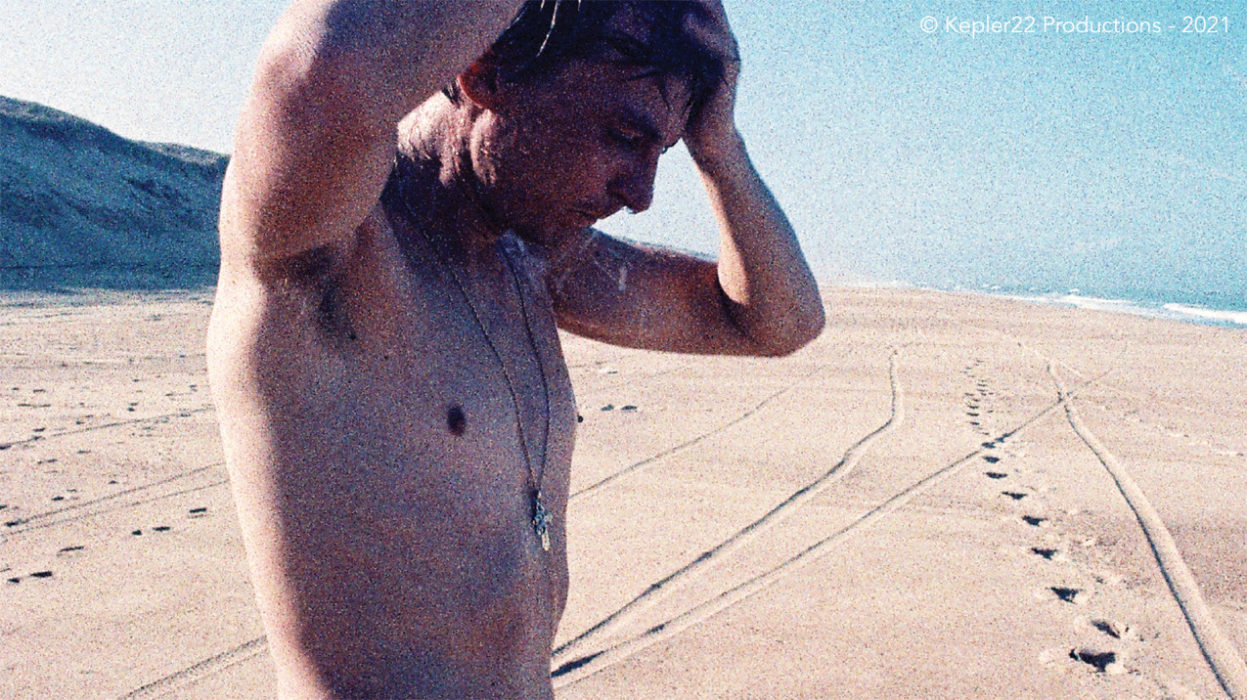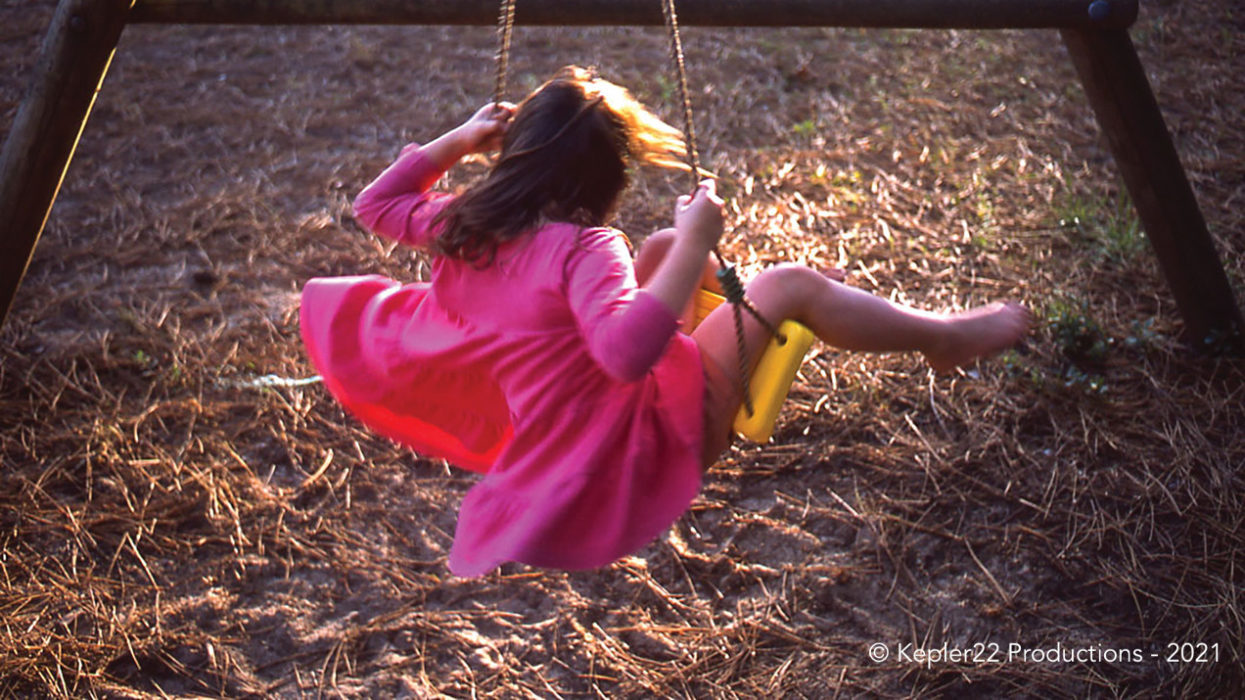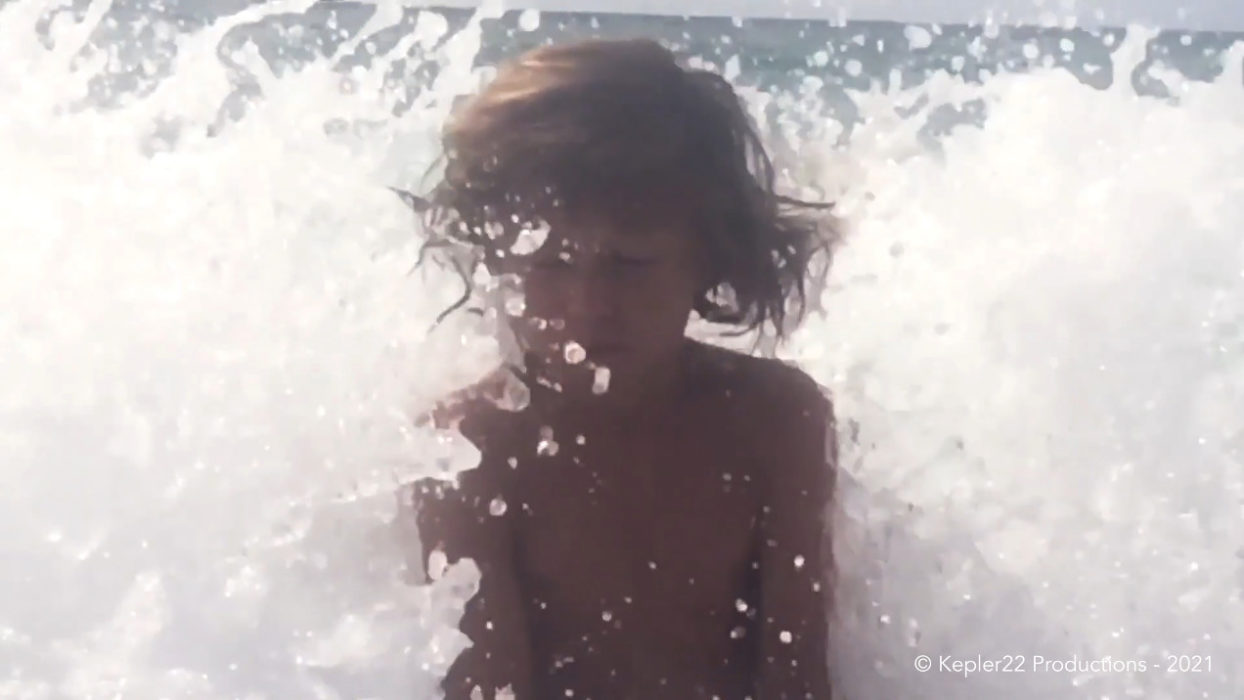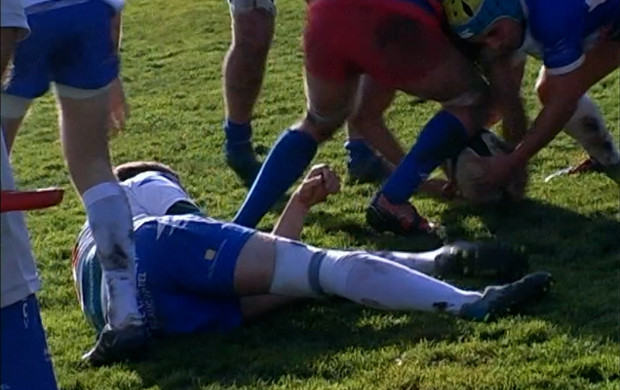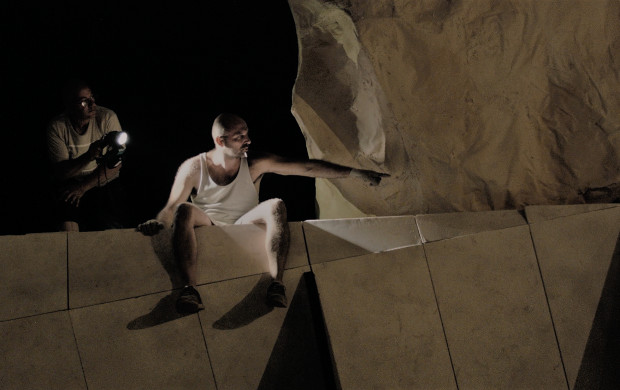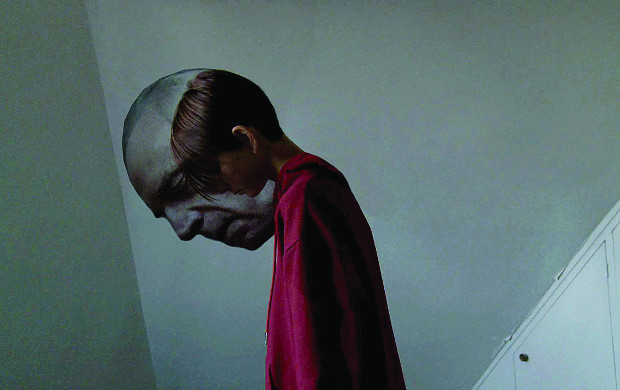Désir d’une île
Somewhere in France, at the edge of a pine forest facing the ocean, a hidden holiday camp created by white Russians over seventy years ago. In this summer kingdom, there are children, animals, wooden huts, babushkas and floral fabrics. Generations that live and grow together. And also an old man who is going to die, a son who wants to leave and a child who watches them.
It is not exactly an island, but certainly you enter there as if into a solitary, wild and Eden-like territory inhabited by castaways. The landscape is French, situated in the Landes region and made for summer living, lulled by the song of the cicadas and the wind whistling through the pines. But the soul of the place is Slav: Orel camp, a few kilometres from Bayonne, was founded over seventy years ago by a family of White Russians, as a place where their culture, threatened by exile, could survive down the generations. The film makes no effort to explain this, as it wants above all to breathe in the atmosphere of this tiny country that has blossomed on the memories of another, the summer light caressing the children’s blond hair, the murmur of voices mixing Russian and French, the nearby ocean waves similar to the waves of memory that come and go between the French camp and the country of origin, so far away in space and time. These waves, whose undulation is captured by Désir d’une île in meditative slow motion, are the very image of the suspended time that reigns here. For Nikita, now at an age when dreams extend far beyond childhood territories, these waves are a promise of departure. A surfing competition calls him back to the country of his ancestors. His father and mother are frightened: and what if he weren’t to come back? What if today’s Russia were to lock him into a trap that, in former times, his elders had managed to escape?Jérôme Momcilovic
Kepler22 Productions (Juliette Cazenave)
Laetitia Farkas, Maxime Francart
Marie Da Costa
Nihil Bordures
